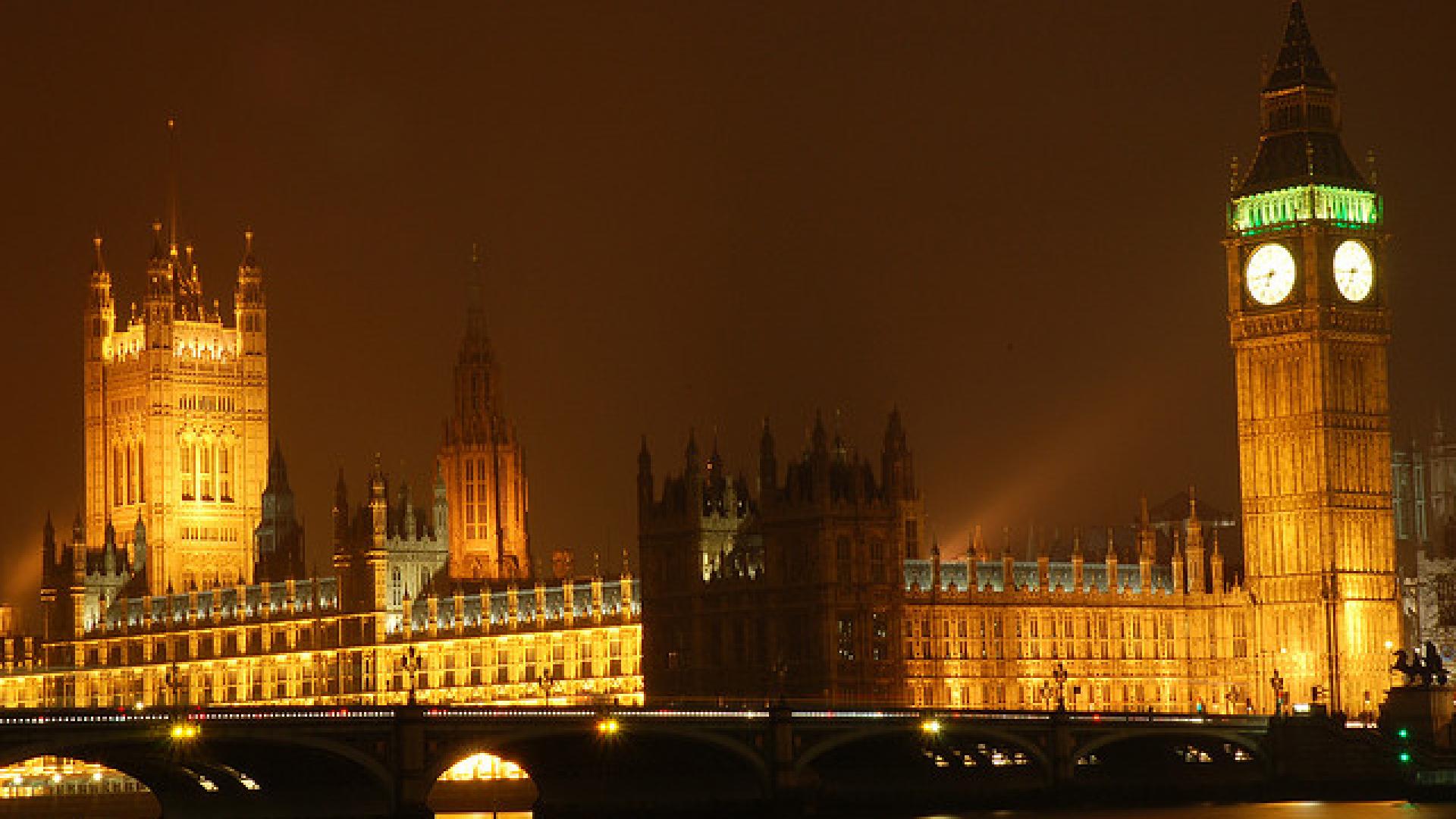At a time when preoccupied MPs are making the headlines for all the wrong reasons, and when charity budgets are constantly under threat, what hope do charities have of getting MPs’ attention? At first impression, the answer seems gloomy.
MPs’ spontaneous awareness of campaigns has dropped markedly over the past three years. We have been polling parliamentarians since 2000, and regularly ask MPs to name any charity campaigns, advertising or media coverage that they have heard of over the last 6 months. Prior to 2006, the campaign with the highest level of spontaneous awareness among MPs was recalled by an average of 23% MPs, up to 35% at its peak. However since 2006, the best known campaign has on average been recalled by just 9% of MPs.
The difference largely comes down to the dominance of the NSPCC’s Full Stop Campaign between 2000 and 2004. This was the highest recalled campaign for seven of the eight surveys we conducted over this period, receiving spontaneous mentions from up to 35% of MPs at a time. The Trade Justice Movement and the Make Poverty History coalition both briefly stole the top spot, reaching similar levels of awareness in summer 2002 and summer 2005 respectively.
Since 2006 however, there appears to have been a lack of big brand campaigns capturing the attention of MPs. On average the highest recalled campaign has been mentioned by just 8% of MPs, with a different campaign achieving highest awareness every six months. These range from the Alzheimer’s Society access to drugs campaign in early 2007 to IFAW’s anti-whaling campaign at the beginning of 2008. Interestingly, none of these campaigns had lasting awareness, as none reappeared in the top campaigns recalled in subsequent polls.
Whilst the recession may be bringing cuts to charity’s campaign budgets, the news is not all bad. The absence of large scale campaigns of the Full Stop and Make Poverty History variety opens the door to smaller charities seeking to campaign at Westminster.
Findings from our parliamentary research highlight several ways for charities to cost effectively improve their campaigning amongst MPs.
The first point to emphasise is that spontaneous awareness does not tell the whole story. An MP who is aware of a campaign is not necessarily an MP who will act on that campaign. A targeted approach, focusing on MPs with a specific interest in the campaign’s cause, is far more effective than aiming to raise overall awareness. We recently asked MPs to tell us what they would spend a limited campaign budget on, were they to work for a charity. ‘Building a relationship with 10 MPs’ topped the list, way above relatively expensive approaches such as having a stand at a party conference or hiring a public affairs agency.
It is well worth investing time and resources in a personalised approach. When asked to pick which forms of contact from charities are most influential in helping them to form an opinion, face to face meetings at Westminster was deemed the most popular form of contact among MPs by some way (selected by 54% in May 09). On the other hand, charities appear not to be exploiting such meetings to their advantage, with just 16% of MPs saying that charities frequently hold personal meetings with MPs.
Another effective way of campaigning on a limited budget is to get supporters more actively involved. Again and again MPs emphasize the importance of constituency contact as key to successful campaigning. Contact from constituents who are “genuinely committed to the relevant cause”, in one MP’s words, can be very influential. Our surveys consistently find that MPs rate constituency events, constituency business and correspondence in their constituencies as influential and yet under-used forms of contact by charities.
Bringing constituents to Westminster can also make an impact, as with Breakthrough Breast Cancer’s annual ‘Westminster Fly-In’, a training and lobbying event for local members. Diabetes UK’s schoolchildren with diabetes campaign, which involved 200 children with diabetes attending a lobby of Parliament at Westminster, was commended by a number of MPs. One Conservative MP described it as “a text book case of how to do it. Impressive and effective”.
Despite the budget cuts facing many charities, the gap left by the absence of large scale campaigns offers an opportunity to smaller charities’ campaigning at Westminster. The importance of a targeted, well timed approach becomes more important than ever. Campaigns which focus on relevant MPs and involve constituency contact where possible will have a better chance of securing MPs’ active support and future involvement, and ultimately bringing about their goals.
For more information on nfpSynergy’s parliamentary tracking research for charities and public bodies, please contact Amandine Courtin at amandine.courtin@nfpsynergy.net.

